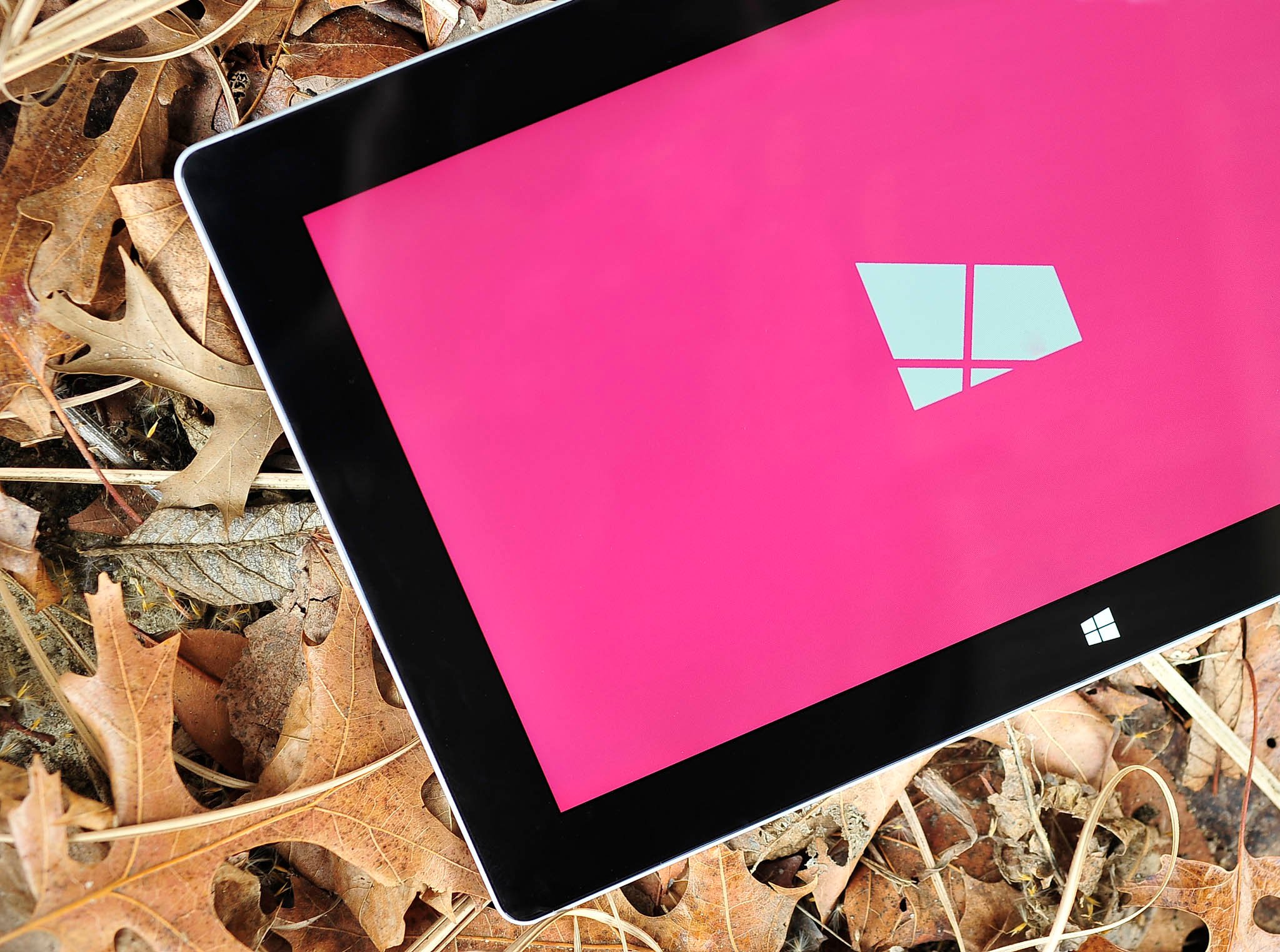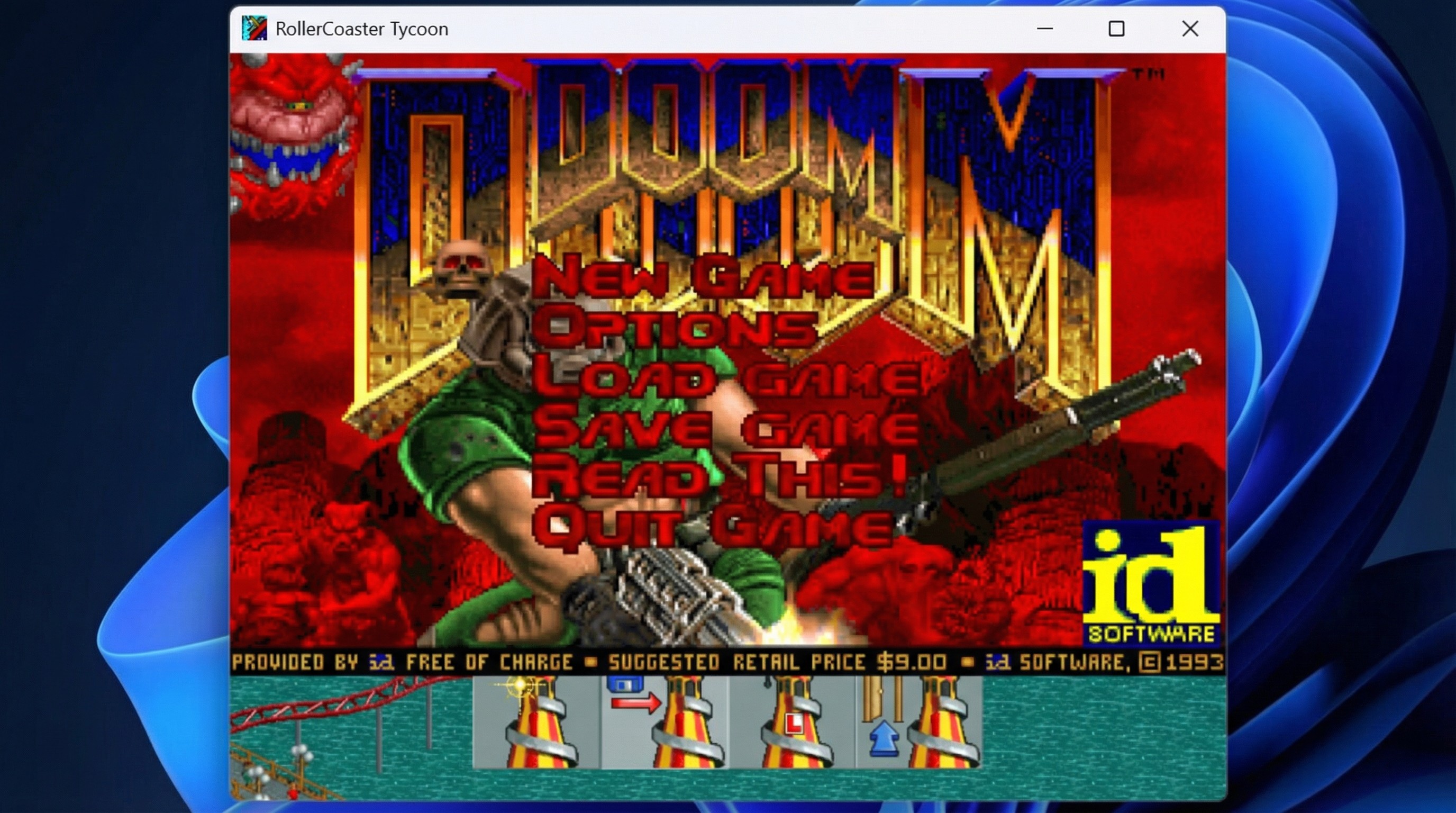A desktop version of Windows 10 for ARM-based chips may be in development

Is Windows RT coming back from the grave in a new form? Some recent support documentation from Microsoft shows that the company may be developing a version of Windows 10 for PC desktop users that will run on ARM-based processors.
The Audio Engine Core Test page on Microsoft's MSDN site lists, "Windows 10 for desktop editions (Home, Pro, Enterprise, and Education) ARM" as among the operating systems in its specs. It also shows a listing of "Windows 10 Mobile x86", which may confirm that the company could release a version of the mobile OS that will run on x86 processors made by companies like Intel.
However, it's the Windows 10 ARM desktop listing that's more interesting. Microsoft launched another ARM-based OS, Windows RT, alongside Windows 8 in 2012, which was used for their first Surface tablet, among other products. However, the OS couldn't run any legacy Windows programs like Windows 8 could, and that limited its apps considerably. Microsoft chose not to offer a full update to Windows 10 for Windows RT-based devices.
As Petri notes, it's possible Microsoft could offer an emulator for Windows 10 ARM desktop users that can run older x86-based apps. However, there's also the question of how well they would run in an emulator.
All the latest news, reviews, and guides for Windows and Xbox diehards.

John Callaham was a former contributor for Windows Central, covering Windows Phone, Surface, gaming, and more.
